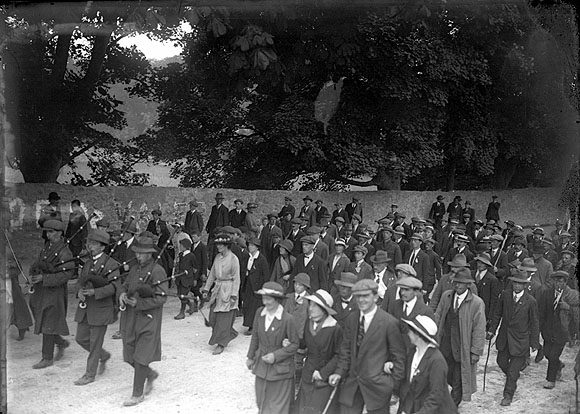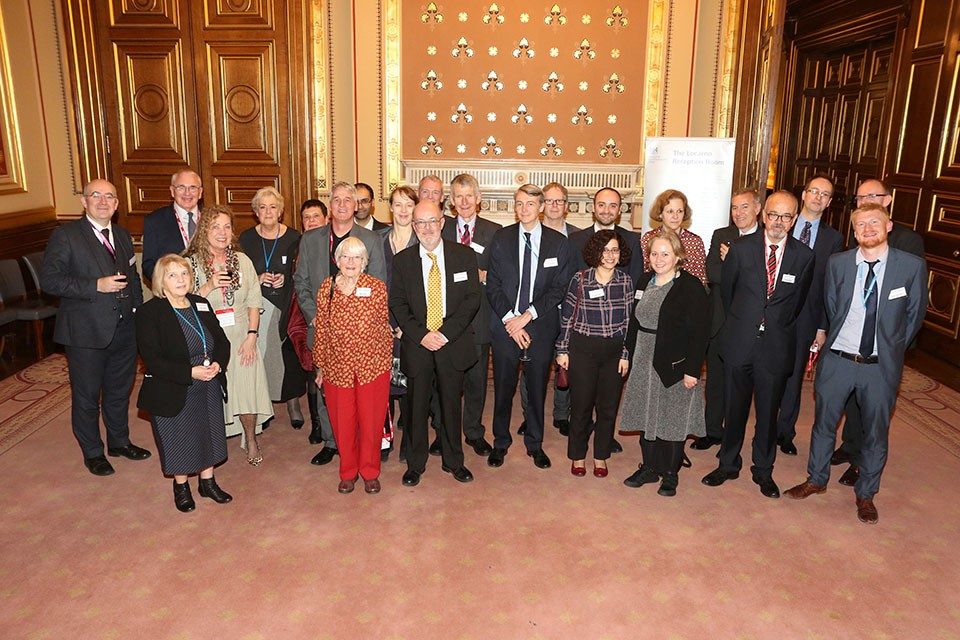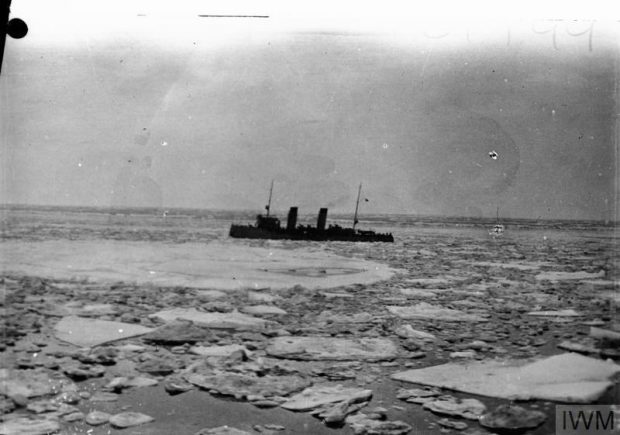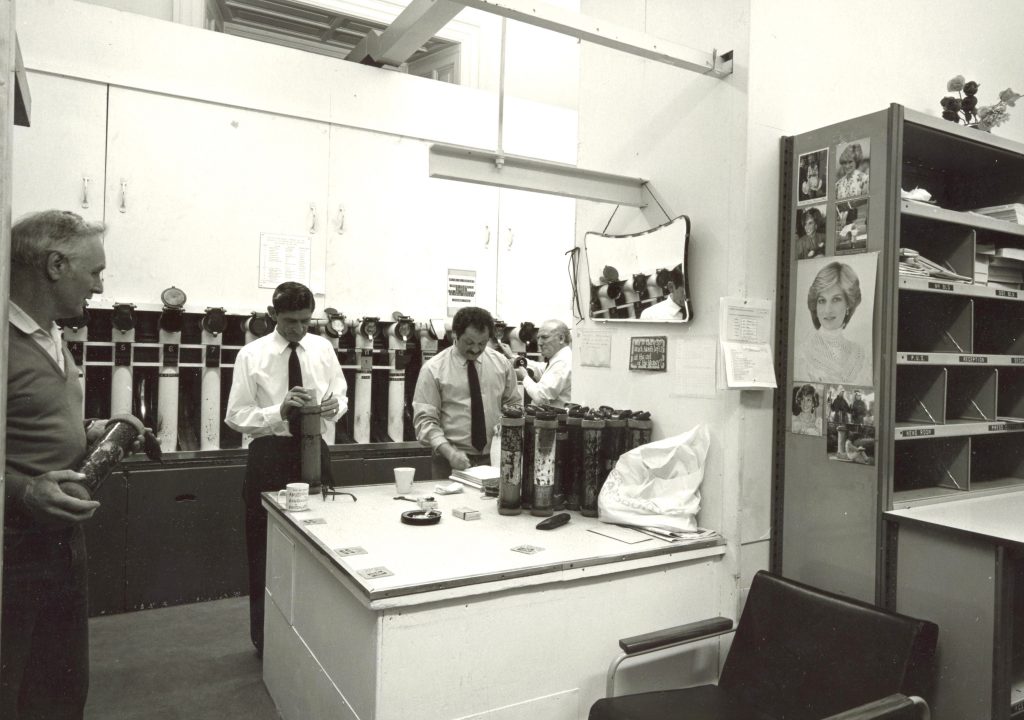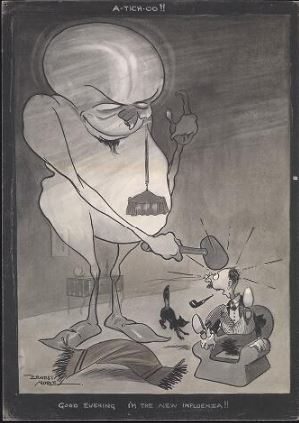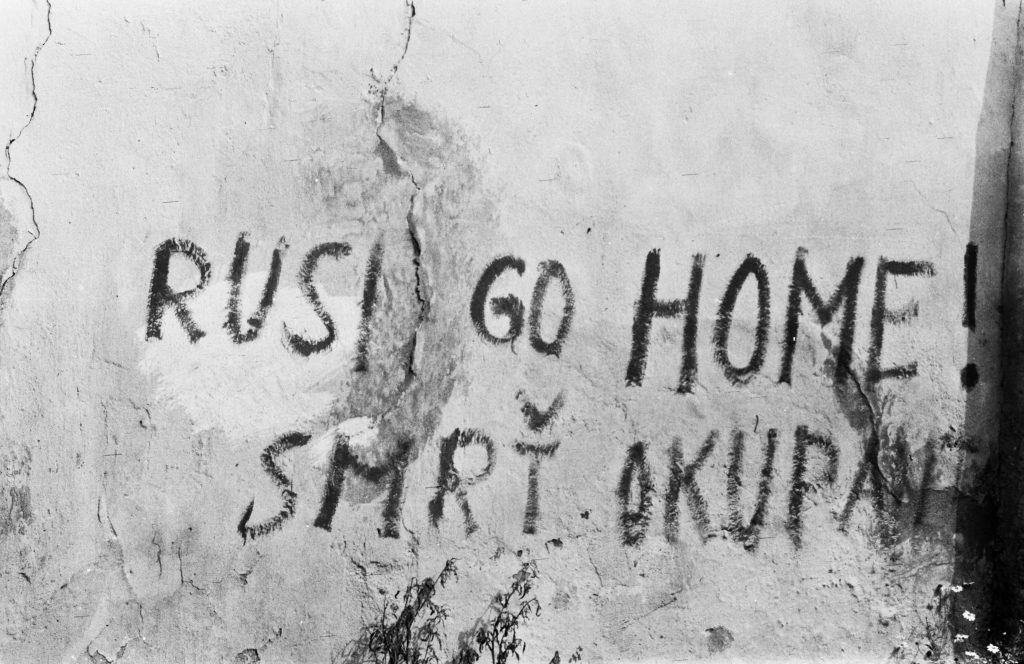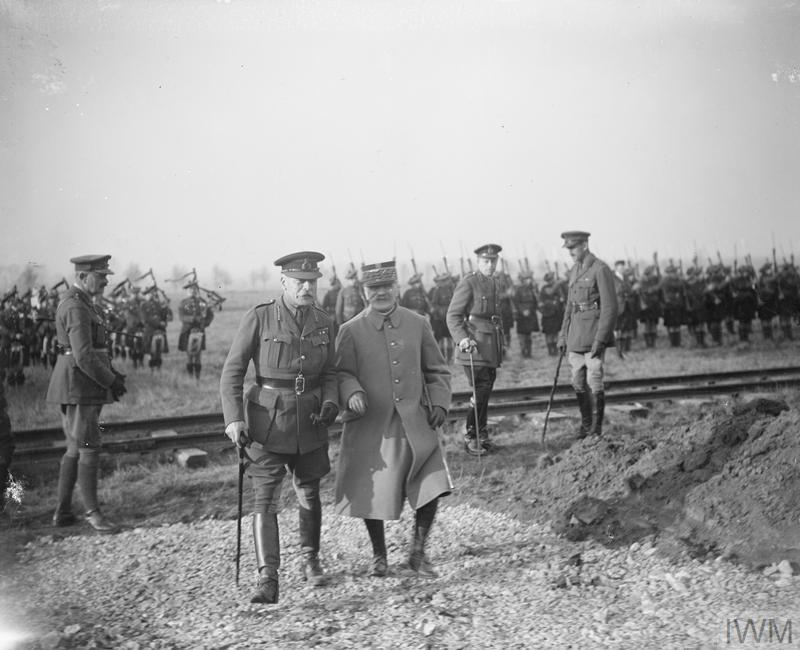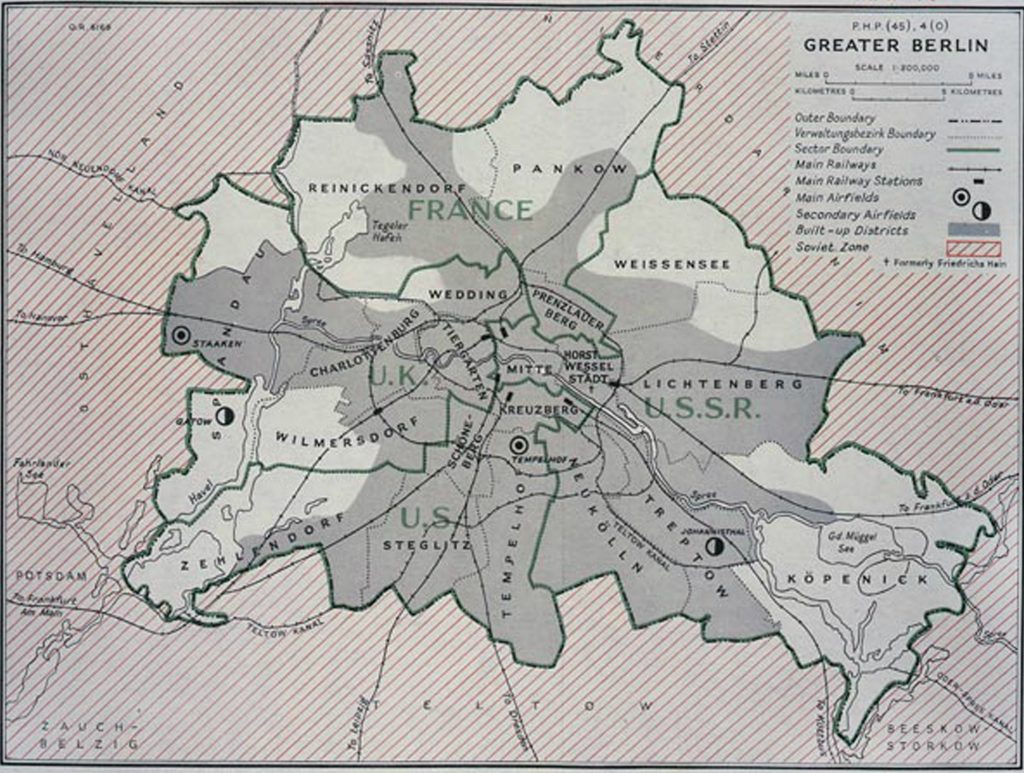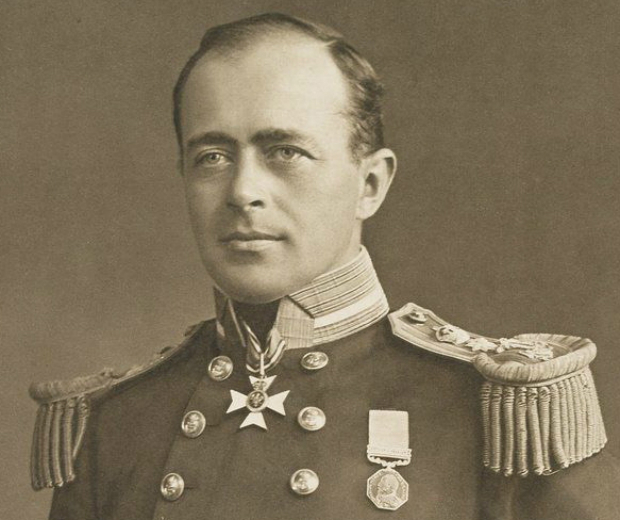Foreign affairs and diplomacy
The armistice agreement with Germany was signed on 11 November 1918, but the Peace Conference did not start proceedings until 18 January 1919. With so much at stake, why did it take 2 months for discussions to start?
In what has been termed the khaki election (1918), the first election in which (some) women could vote, a woman in green was elected to be the first woman member of parliament.
On 15 November, the Foreign & Commonwealth Office Historians gathered in the Locarno Suite of the Foreign Office to mark our centenary. Joining us were former and current members of staff.
On 11 November we remember the guns ceasing firing. We imagine universal relief that the carnage of war was finally over, at least in the victorious countries. There is just one problem: that is not the complete truth.
On this day in 1968 the Foreign and Commonwealth Office was created. But how did it come about, and what changes has the organisation seen in the last 50 years? The hole in the wall Back in 1963, a confrontation …
...the Prime Minister, David Lloyd George, contracted it on 12 September. It was not even discussed in Parliament until late October 1918. Yet the warning signs were already there. Chemists...
...Czechoslovakian reform movement. Evidence of supposed ‘Western plots’ was manufactured, while up to 20 ‘illegals’, posing as Western tourists, students and businessmen, were sent to Czechoslovakia in an operation codenamed...
General Ludendorff described 8 August as ‘the black day of the German Army’. Many British Historians consider it the final turning point in the First World War. To say that the British Prime Minister, Lloyd George, and Field Marshal Haig …
...a new currency for all of Germany. This did not suit the Soviets, who had been stripping assets from East Germany as war reparations. In March, the Soviets argued that...
Captain Robert Scott’s legacy will forever be an irreconcilable contradiction. At times, he has been venerated as an icon of Edwardian masculinity: a stoical, humble pioneer whose Antarctic expeditions discovered the Polar Plateau and made many significant contributions to scientific …

